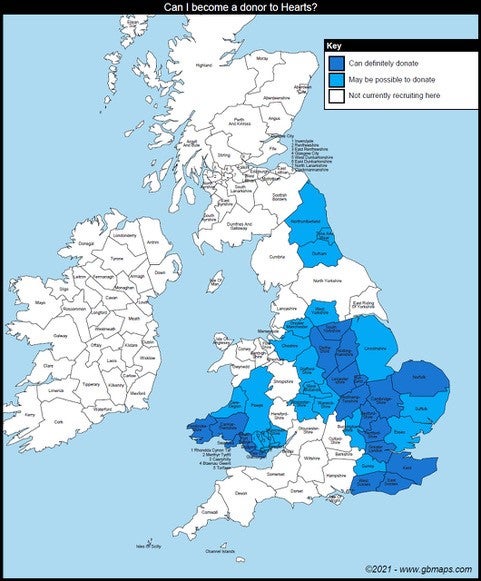As demand for breast milk rises, here’s how to become a donor
Donor milk can be life-saving for premature babies in neonatal intensive care

A Hertfordshire charity is calling for more people to donate breast milk after seeing an increase in demand during recent years.
The Human Milk Foundation supplies milk for babies with mothers who cannot breastfeed, such as those who have been affected by cancer.
This week, the charity told the BBC that demand for its services is now four times higher than before the pandemic.
Here’s everything you need to know before donating breast milk and how to become a donor.
Who is elgibile to become a breast milk donor?
Most mothers who are breastfeeding can become a breast milk donor.
“Relatively few things prevent someone from becoming a milk donor,” Felicity Webster, director of communications at the charity, tells The Independent.
Much like when donating blood, donors need to answer several questions about their medical history, how they are expressing milk, their baby’s health and whether they have recently traveled overseas.
Importantly, they must have enough milk which is in surplus of their own baby’s needs.
They must also be tested for HIV-1 and HIV-2, hepatitis B and C, syphilis and human T-lymphotropic virus (HTLV).
Additionally, anyone who smokes, vapes, uses nicotine replacement products or is regularly exposed to smoke indoors cannot donate.
Currently, only people in the areas surrounding milk banks can donate. These are based in Norfolk, Kent, the East Midlands and South Wales, but the charity is currently working to change this so people can donate regardless of their location.

Those who are interested in becoming a milk donor can find more information here.
What happens once I become a donor?
Those who become donors will be sent kits with sterile containers for milk, and instructions on how to express and store milk safely.
The milk will be collected from the donor’s home by volunteers. It is then tested, pasteurised and frozen by the charity before being sent to hospital and families in need.
“We ask for donors to aim to donate at least two litres over a 10-week period. This allows the team time to arrange a collection of expressed milk and to pasteurise it within the required three months,” Webster says.
Why should you donate breast milk?
Donor milk can be lifesaving for premature babies in neonatal intensive care, as they have weaker immune systems.
A diet of human milk can reduce the chances of a premature baby developing serious conditions such as necrotising enterocolitis, which kills more babies each year than childhood leukemia.
“So if mum’s own milk is not available, donor milk acts like a medicine to protect the baby. Donor milk can act as a bridge which gives mum time to be able to establish her own milk supply and overcome any challenges with breastfeeding,” Webster says.
Why might babies need donated breast milk?
Some mothers, such as those who have had double mastectomy following a breast cancer diagnosis, cannot breastfeed.
“These mothers often experience enormous pain by having this choice taken away from them,” Webster says.
“Donor milk is currently a scarce and precious resource and not every baby who could benefit can receive it. It doesn’t need to be this way.
“The Human Milk Foundation is working to scale up as fast as funds will allow, opening donor milk hubs across the country building towards a national milk bank service.”
Why has demand for breast milk increased?
There are likely several factors behind the increase in demand for donor breast milk.
Due to staff being reassigned during the pandemic, infant feeding support in some hospitals has suffered.
Additionally, perceptions about the importance of donor milk among neonatal clinicaians have changes.
“In 2019 only 23 per cent of extremely premature babies had access to donor milk,” Webster says, but not, more families are becoming aware of donor milk and asking for support.
She adds: “Recent breakthroughs in the field of the microbiome, epigenetics and immunology have indicated that human milk feeding is essential for long-term health.
“The scientific evidence is now pointing towards an exclusive human milk diet underpinning the normal development of the infant gut, brain and immune system.”
Find out more about how to become a breast milk donor here.
Join our commenting forum
Join thought-provoking conversations, follow other Independent readers and see their replies
Comments
Bookmark popover
Removed from bookmarks